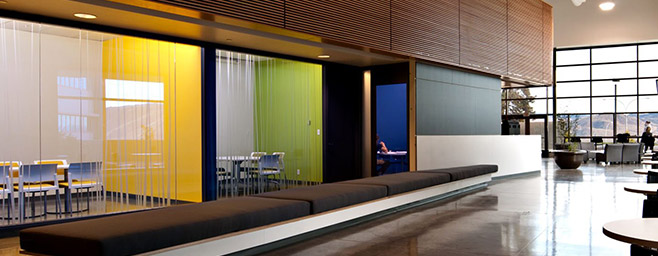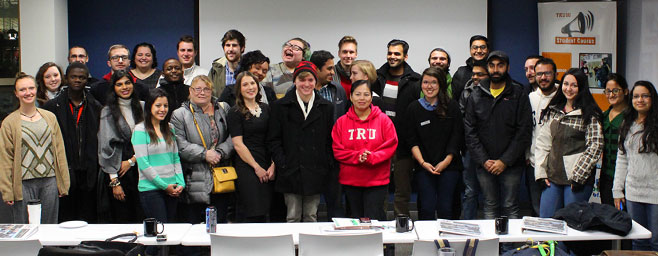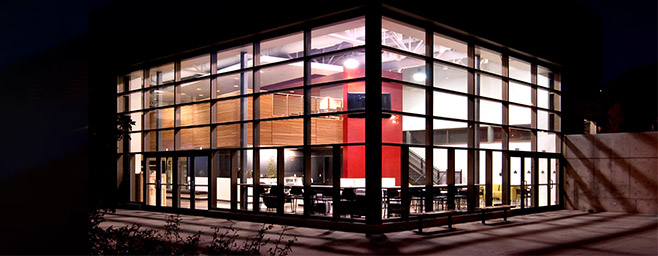Student Caucus Members
The Student Caucus is the student voice in decision-making at Thompson Rivers University. We are the team of student representatives on all university committees. We engage students in key issues and work together to improve our campus.
You can join the Student Caucus to serve on one of over seventy student positions on committees across the university. You will be a part of our team, build skills in decision-making and university processes, and earn recognition for your service.
The Student Caucus includes student representatives on all university decision-making bodies. This includes:
- Board of Governors
- Community Trust
- Administrative Advisory Committees
- Senate and Senate Committees
- Planning Council for Open Learning
- Faculty Councils
Below are descriptions of each of the decision-making bodies where students are represented. If you would like to contact one of these student representatives, please send our University Affairs Coordinator an email.
Board of Governors
Responsible for financial, legal, capital, and external relations decisions.
Community Trust
Responsible for managing private real estate development on campus that incorporates housing and amenities.
Advisory Committees
Responsible for operational decisions and overseeing major projects.
Senate & Senate Committees
Responsible for university-wide academic decisions.
Planning Council for Open Learning
Responsible for directing the affairs of the Open Learning Division of the university.
Faculty Councils
Responsible for faculty-based academic decisions.








